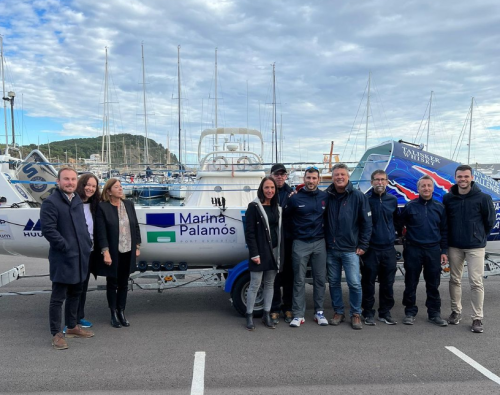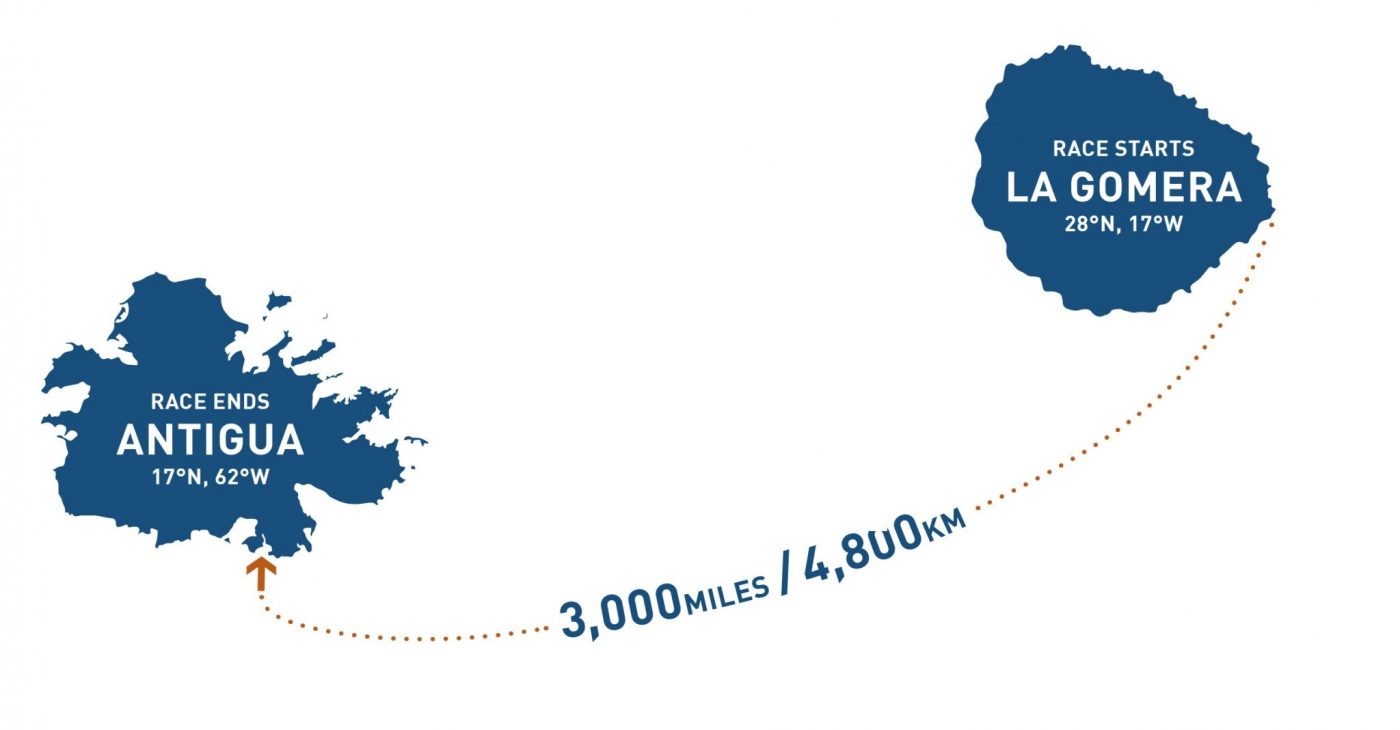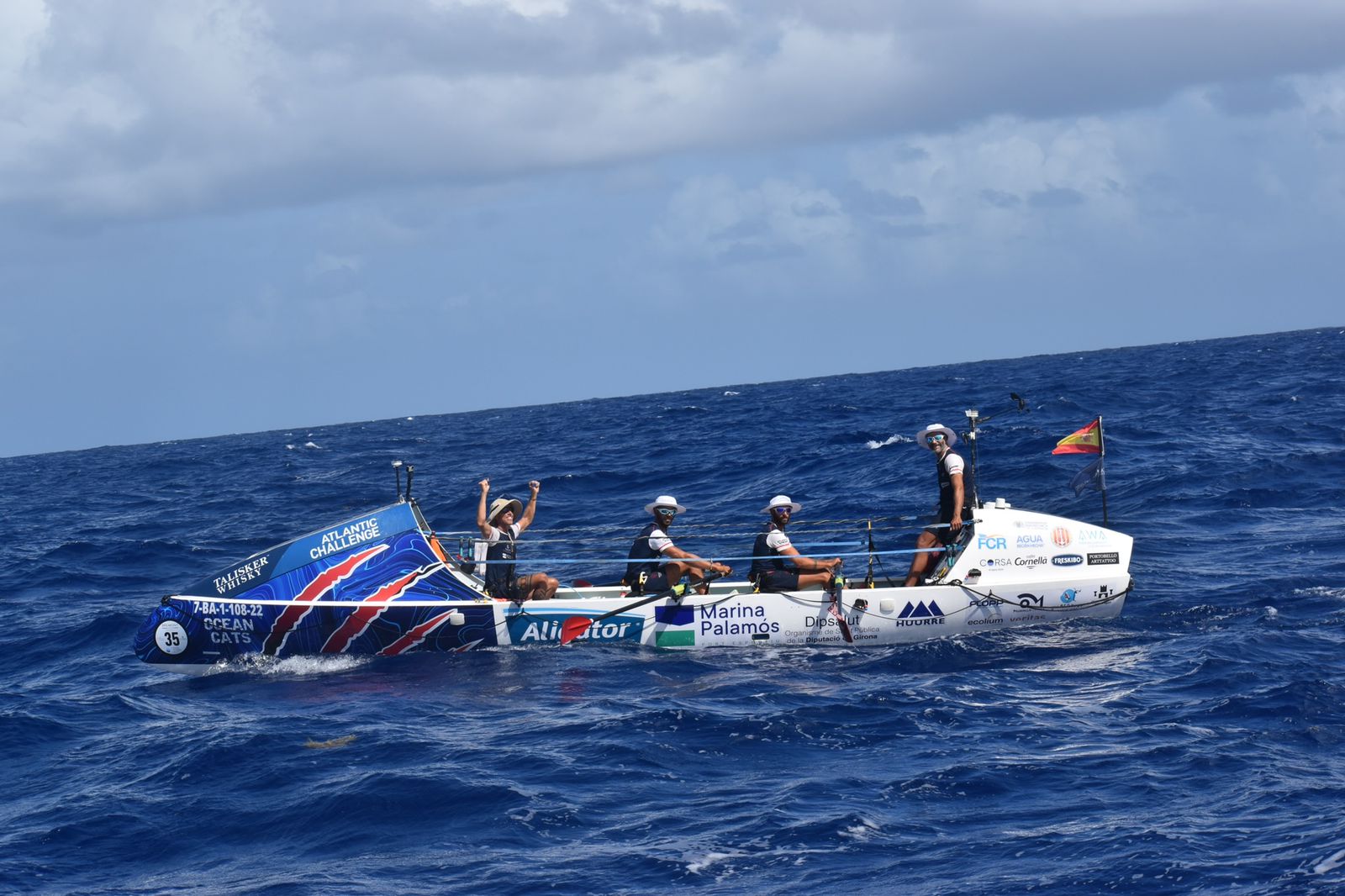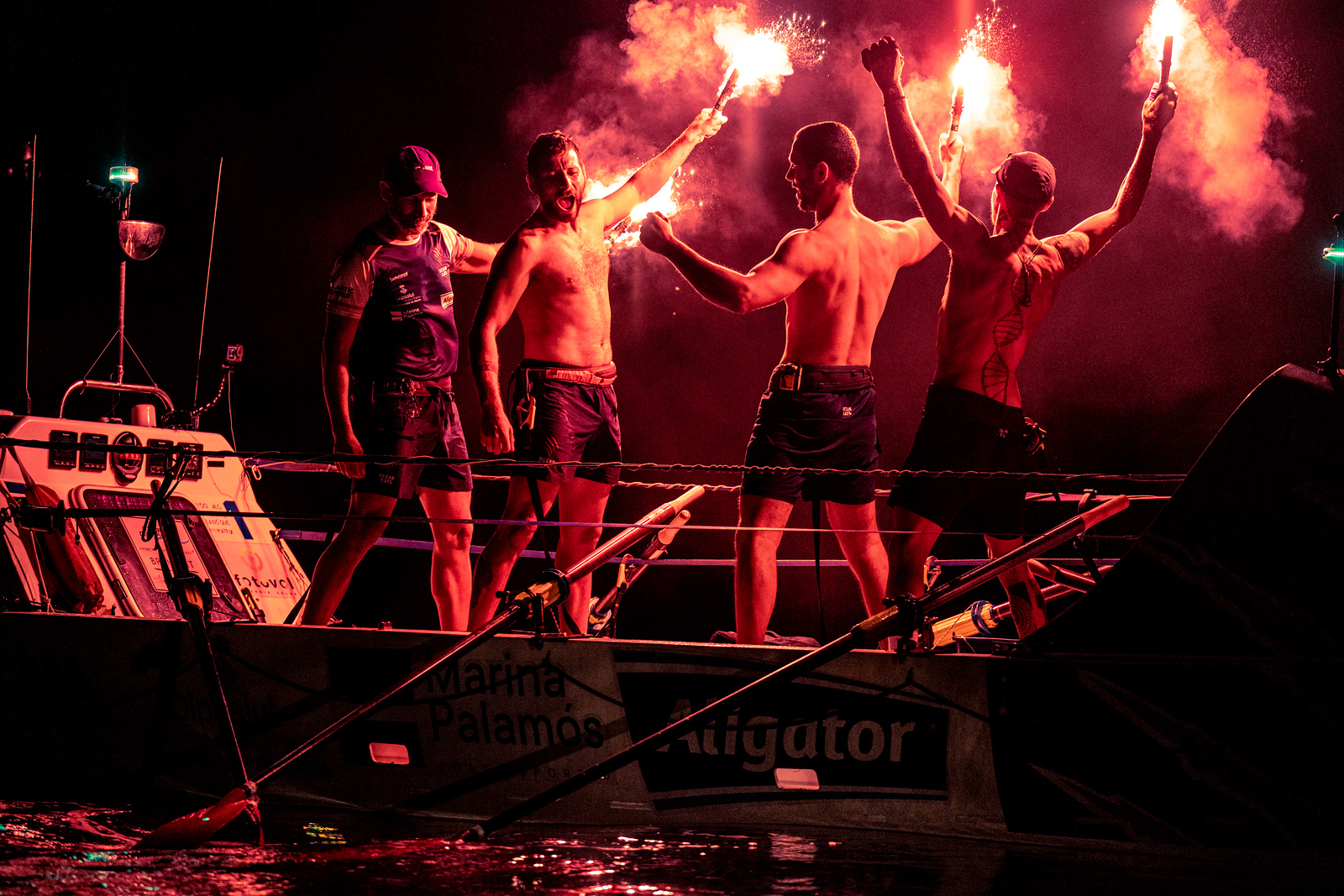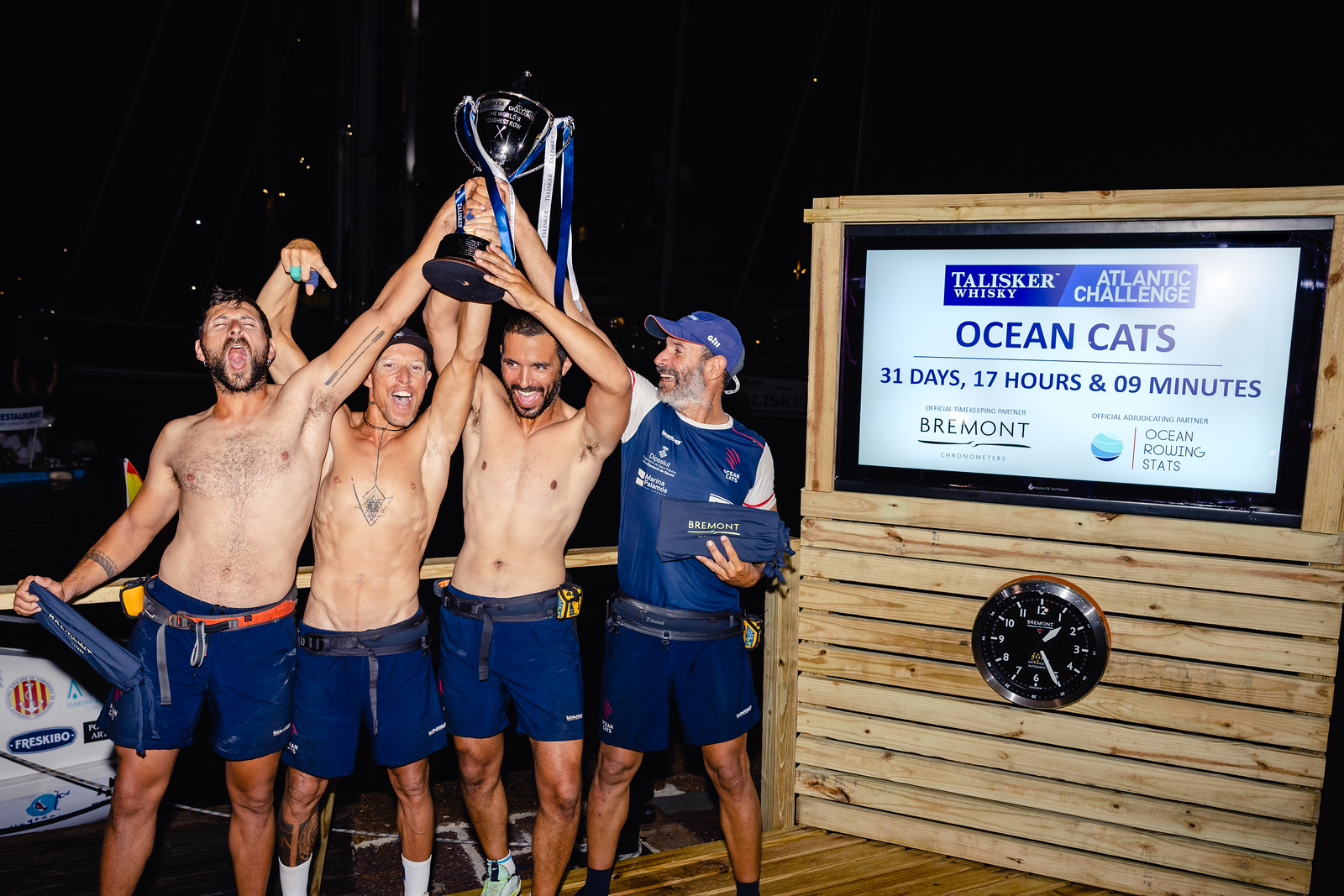The OceanCats team has won the herculious challenge that consists of rowing across the Atlantic Ocean, from La Gomera to Antigua (5000km, 35-40 days). The Talisker Whiskey Atlantic Challenge 2022.
43 teams of 17 nationalities and 128 rowers and t-shirts participated, OceanCats was the only Catalan/Spanish team.
They send us a letter to say thanks and explain anecdotes, which we share here with you:
“Dear friends,
First of all, I would like to thank you very much for the trust you have given us over the course of these 4 years, thanks to you we can say that “WE GOT IT!”
As you know, during the morning of last January 13 at 00:11 local time (05:30 UTC) we crossed the finish line in Nelson’s Dockyard, Antigua and Barbuda (Caribbean), after rowing 3000 nautical miles ( 5000 km) becoming the first place in the annual ocean rowing competition “TALISKER WHISKEY ATLANTIC CHALLENGE”, the hardest rowing test on the planet. We left the Canary Island of La Gomera last December 12, 2022, and have spent 31 days, 17 hours and 9 minutes at sea, without assistance of any kind, without stops and with the sole propulsion of our oars .
The first week was very tough because all the boats went out very strong, but we still managed to be in the leading group, until on the 21st of December during the night, an electrical problem with the batteries left us the dark and without autopilot; however, we didn’t lose many miles and held the position. A few days later, during Christmas, we had to face a storm with waves of more than 8 meters and winds of 50 km/h, during which a strong blow from a wave broke the bow of the boat.
After struggling through the first half of the test in the leading group, when they reached the middle of the Atlantic, we took the opportunity to have a bath in the warm Atlantic waters and wash the hull of the boat from the small molluscs that they had stuck to it and that the speed of the boat was lacking, and we decided to do cycles of three rowers (1 hour and 30 minutes with two people rowing and 30 minutes with three people) to try to break the competition, achieving it more than on the verge of taking more than a day’s lead over second-placed British team This Way Up, who would arrive 30 hours later. The team made up of four brothers (two pairs of twins) The Friendship would close the podium. This victory makes us the first state team to lift The MacAskill Trophy.
The last ten days were the most difficult in the mental aspect, since we had been rowing for more than 20 days, we were leading but we still had 1000 miles left to reach the Caribbean, and we had to row them.
Along the route, we were able to observe several groups of dolphins, a whale that accompanied us for an entire afternoon and even on the last day, we were attacked by a shark of more than 3 meters that luckily it did not cause any irreparable damage to the boat, allowing the team to close the adventure on top of the podium.
With this victory, the Ocean Cats project culminates, which has aimed to convey to society the problems that our seas and oceans suffer from the excess of products of plastic origin. To achieve this informative aim, the team has held informative talks in schools and centers that work with functional diversity, we have participated in a scientific project led by the University of Barcelona to carry out sampling of microplastics in the Mediterranean and we have led to term “extreme” sporting challenges, both in long-distance rowing crossings and in this international regatta.
We will be eternally grateful!
Sergi, Martí, Juanba and Quim»
OceanCats is dedicated to the observation of the marine environment, taking advantage of its main activity, which is ocean rowing, collecting samples while navigating.
The objective of OceanCats is to raise awareness in society about the need to protect the seas and oceans. Specifically, making known the current problem of plastics and microplastics.
Its channels of action are:
Oceanic schools: They visit public educational centers and foundations that work with people with intellectual disabilities and risk of social exclusion in order to convey the message with fresh, entertaining and didactic material.
Science: They carry out scientific sampling of microplastics along the Palamós coastline and on its journeys, in collaboration with the University of Barcelona, in order to determine the origin of microplastic contamination and find a root solution.
Sport: They carry out sports challenges and long-distance hikes in order to attract the interest of the media and thus convey the message of awareness to as many people as possible.
It is an honor to collaborate with projects like OceanCats.
Here’s their website: oceancats.org
Follow them on Instagram: instagram.com/oceancatsatlanticrowing


